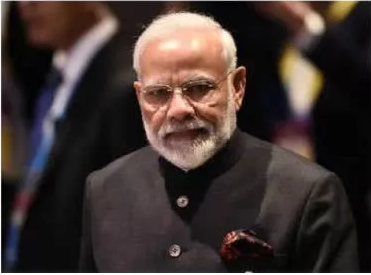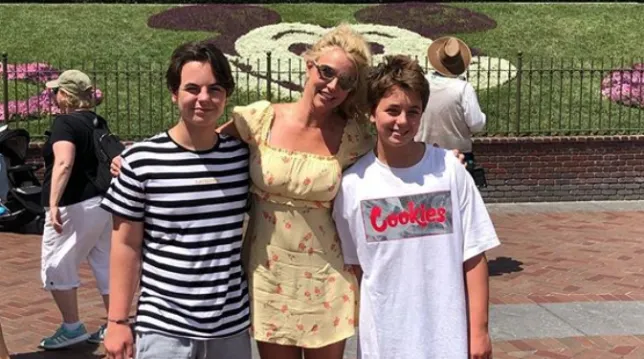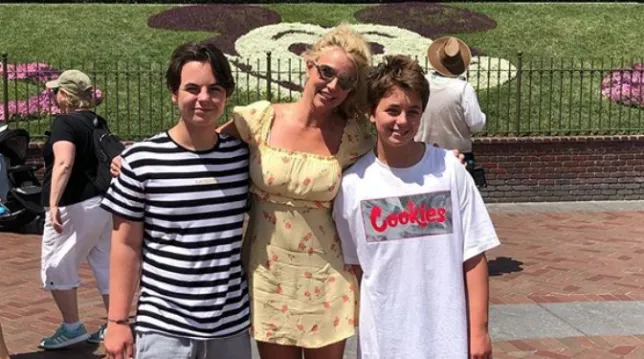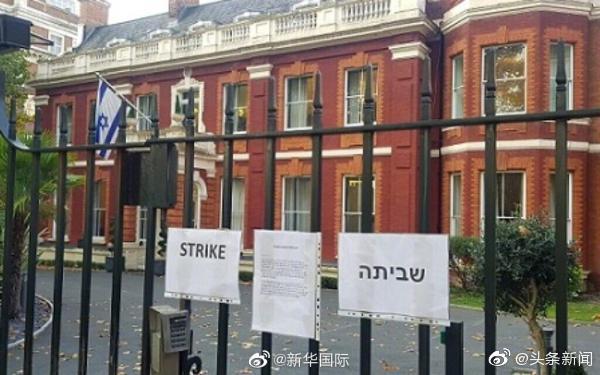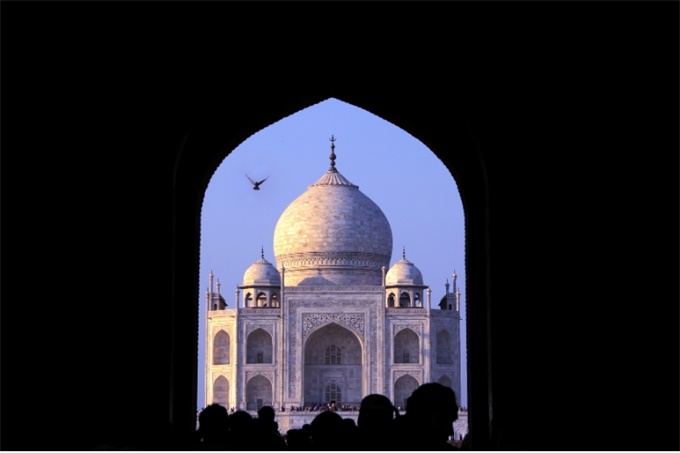
In addition, the Times of India said that the reasons for India's conflict with the RCEP, a major Asian free trade agreement, are complex, such as liberalizing the service market for 15 other participating countries after accession, as well as reducing tariffs on Chinese imports, and so on. An editor from the Economist also said India was worried that China would take advantage of India and eat Indian "breakfast" and "lunch", especially in the face of India's economic downturn and trade deficit. As a result, the Times of India said that Indian officials do not want the RCEP negotiations to be set a deadline, and Indian officials hope to keep talking about India's interests. Until they are fully protected. A number of politicians from Modi's Bharatiya Janata Party have also confirmed on their personal social accounts that the Indian government will not join RCEP. Some politicians even called it a "historic decision" made by India under Modi's "strong" leadership, saying it reflected Modi's "care" for the interests of the people.
Finally, according to the earlier report of this newspaper, the third meeting of the RCEP, held in Bangkok, Thailand, is considered to be the main play of the series. Japan's Kyodo News Agency, at that time, said that for the U.S. government's" priority to the U.S. ", protectionist policies were on the alert, and the enthusiasm for the RCEP was rising rapidly last year. If it includes 16 countries, the world's largest free trade zone, which covers some 3.5 billion people, will be a strong deterrent to protectionism. But the other 15 participating countries are waiting for India's decision because of the uncertainty in India.
According to media reports from the first Indian Times, India's decision, before the Indian Prime Minister Modi announced the matter, an internal message from the high-level government of India said it began in 2012 with the Regional Comprehensive Economic Partnership Agreement, Some of India's key concerns have not been taken into account in the latest round of the deal.
According to Xinhua News Agency, the third Regional Comprehensive Economic Partnership Agreement leaders' meeting was held in Bangkok, Thailand, on the 4th. After the meeting, the leaders issued a joint statement announcing the conclusion of all text negotiations and virtually all market access negotiations among the RCEP15 member States, and will work to ensure the signing of the agreement next year. On the same day, Reuters reported that Indian Prime Minister Modi said India had decided not to sign RCEP. because of differences over tariffs, trade deficits and non-tariff barriers with other countries. "the current RCEP agreement does not fully reflect the basic spirit and consistency of RCEP," Modi said. The guiding principle does not satisfactorily address India's problems and concerns... India is unlikely to join the RCEP. On the same day, Reuters reported that India's prime minister, Modi Modi, said India had decided not to sign the RCEP. "The current RCEP agreement did not fully reflect the fundamental and consistent guiding principles of the RCEP, which did not satisfactorily address India's problems and concerns." India is not likely to join the RCEP. "
Although there is no broad market for India, from the experience of past international cooperation, there are few unstable factors that are often at a critical moment, and it is not a bad thing for new organizations.
(picture source:搜狗图片)
"RCEP failed to show the original intention of its establishment, and we will not harm India's core interests," a source from senior Indian government officials said. The source also told the Times of India that India's position is that the agreement should be pragmatic, protect the interests of India's poor, and make India's services sector profitable. But Indian Prime Minister Modi says the deal fails to take into account the interests of farmers, businessmen, workers, consumers and industries. So at the third RCEP leaders' meeting in Bangkok, Thailand, he announced that India would not join the agreement. The news also got from other India.
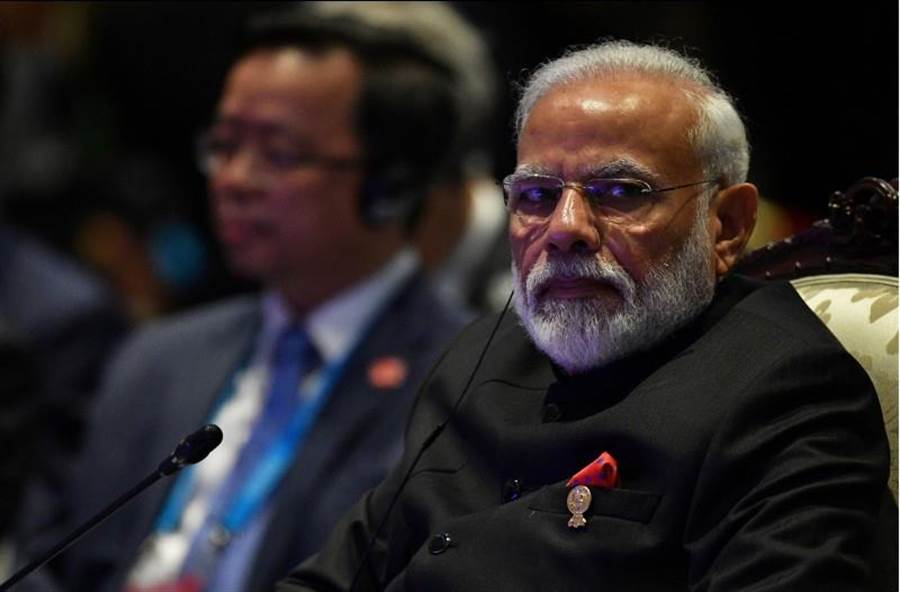
The Regional Comprehensive Economic Partnership Agreement, a free trade agreement sponsored by ASEAN and invited by China, Japan, South Korea, Australia, New Zealand, India and other important Asian countries, has just received a burst of news. According to a number of Indian media reports and confirmation by a spokesman for the Indian Foreign Ministry, Indian Prime Minister Modi has announced that the current negotiations on the agreement are not in India's national interest, so India will not accede to the agreement.
Reuters also reported at the time that India's concern is that once an agreement is reached, Chinese goods will hit the Indian market. People familiar with the matter also said India made difficult new demands last week. In response, Reuters said some ASEAN countries hope to at least announce an interim agreement on the 4th, and some countries have also raised the possibility of promoting RCEP without India's participation.
